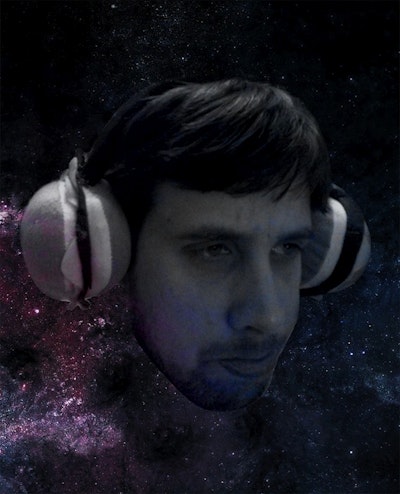Fear
Newschoolers
https://www.newschoolers.com/news/read/Fear
My first piece for this website tackled an issue I've been thinking about recently – that of accessible in-bounds vs inaccessible back country segments in ski movies – so for my second, I thought I'd look at a similar subject that's been bugging me for a lot longer.
Again, it concerns the gap between punters and pros, but at a much more fundamental level. Aside from the obvious chasm in terms of skill and strength between your average skier and a dedicated athlete, I think the crucial differentiator is fear; or lack thereof.
From my personal perspective I know that what prevented me from being a winning racer in my teens was that lack of what my coaches called the 'crazy edge', while one too many blows to the head trying to conquer the park in my 20s has meant the sensible part of my brain now usually keeps me out of there. But it's that perfectly rational avoidance of potentially harmful situations is what must be overcome to tackle steep, exposed slopes or push through the peer pressure in following friends off a cliff huck.
My caution held me back from any dreams of skiing professionally, while some difference in synaptic wiring or a minor chemical imbalance – depending on your interpretation of the science – is what enables the skiers we worship to carry out the feats we revere them for.
It's a theme that crops up time and time again in the more serious ski films – I'm thinking McConkey, Steep and The Crash Reel for example – the fact that these men and women at the peak of their extreme sport have a far higher tolerance of fear. The physiological reason for this is not yet fully understood, but it's pretty obvious that what separates your average recreational skier, from those paid to tackle the steepest and sketchiest lines, is the ability to harness that most elemental emotion to push them on.
Of course the problem is, these amazing movies are littered with the inevitable result of this favouring reward over risk; death at the hands of the mountain. Almost without exception, the obituaries say they perished doing what they loved, while those still out there on the edge say that they don't feel like they're really living without being close to meeting their maker.
"You can either live your life like a lamb or live your life like a lion," quotes one French Alpine pioneer Anselme Baud about another, Jean-Marc Boivin, in Steep. Or later in the same film, the legendary Doug Coombs prophetically says of the mountains: "they're alive... and they'll make you more alive, or they'll make you dead."
It's the same bullish attitude that I wrestled with respecting in the brilliant tale of Shane McConkey's life. For the record, he only comes second to Seth Morrison in my favourite skiers list, so I'll be the first to wax lyrical about his talent, tenacity and tendency towards titting-about. But as the documentary progresses towards its grim conclusion, it's hard not to become annoyed at his continued recklessness in the face of responsibilities to his wife and child.
Sherry of course admits that she "would never have stopped him from doing something he loved" and maybe it's that line he utters himself - "I'm doing what I love, and if you're doing what you want to do all the time, you're not going to work every day wishing you were doing something else" – that is at the heart of this issue. That feeling that if it wasn't for our conformity and fear, we might also be living that enviable life in the mountains.
By contrast, what makes The Crash Reel so poignant is Kevin Pearce's (spoiler alert) eventual acceptance that he will never make it back to the peak of his profession again. I found it a genuinely emotional film, as he's clearly filled with exactly the same drive as his peers, but gradually realises that his brain injury means he will just have to pursue the sport recreationally like the rest of us. In many ways that makes me respect him more, as it's clearly a far harder decision to pull back from the edge than pushing over it; the only thing many big guns seem able to do.
I think the point I've taken far too many words trying to make, is not that these people who have dedicated their lives to progressing this sport should slow down their relentless pace, but that once in a while they could show a little fear and a bit more humility in the face of peril.
For instance, what made Cody Townsend's gully gap the best line of last year was his admission at the end that it was the scariest thing he's ever done, or the fact someone with the stature of Tanner Hall can still have a top of the run breakdown like the rest of us, as documented in his Ski Diaries. In the same way that seeing the pros tackle terrain you can, hearing them express the same fears we all have brings us closer to them and the experience.
I'd also wager that if more films documented the times people decided against a run due to avalanche danger, or competitions were brave enough to admit the paranoia that surrounds the superpipe, we might have fewer of our favourite skiers dying every season and maybe fewer of the less publicised mountain deaths that must come from people trying to emulate their heroes.
